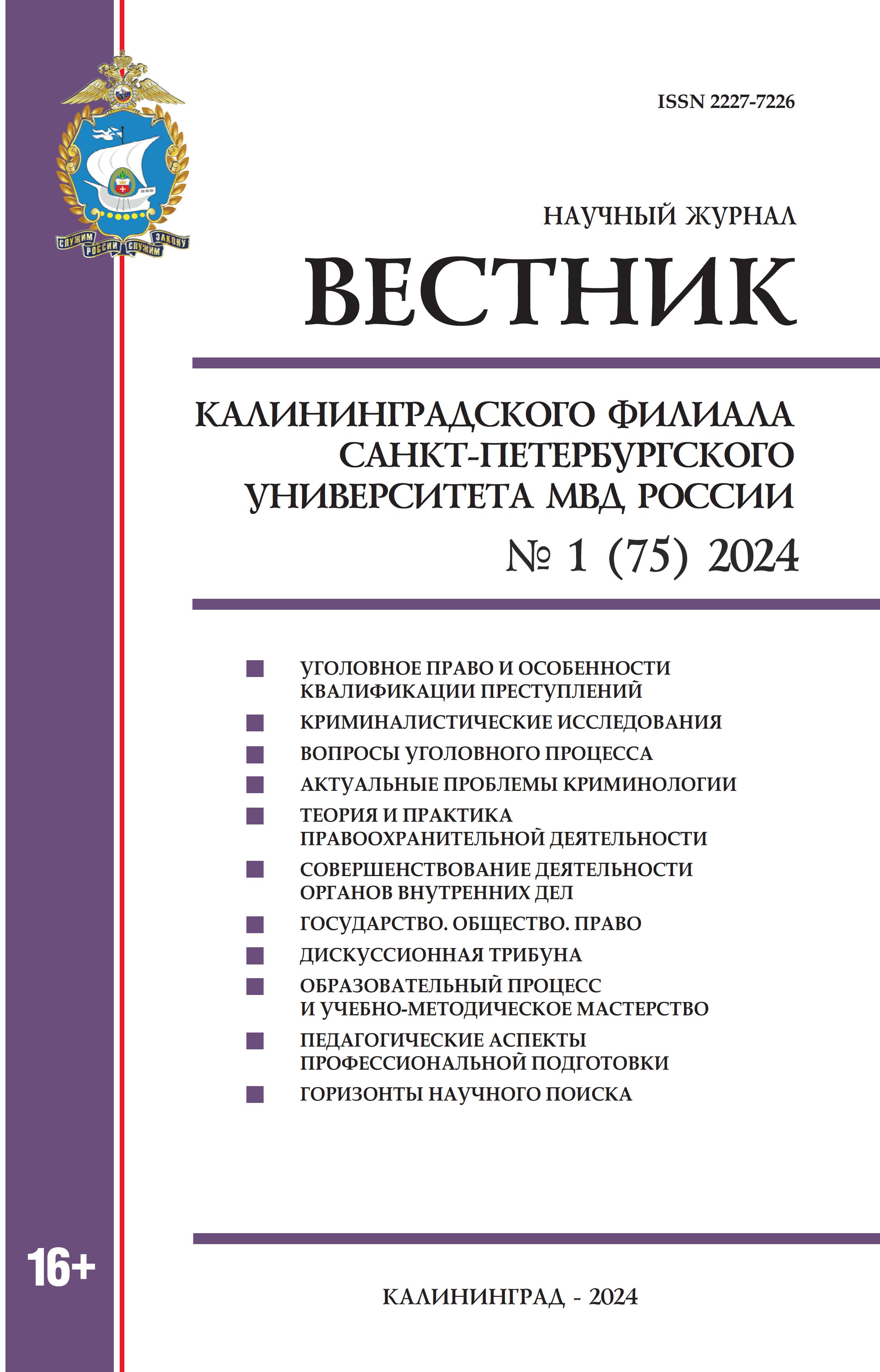Introduction. The article studies the civil law regulation of notarial support in relation to specialized entities within the framework of the functioning of the penal system. The study of issues of performing notarial acts as a guarantee of ensuring convicted persons free expression of will in various types of legal relations is of important scientific and practical importance. The research topic is characterized from the standpoint of its insufficient practical implementation in places of deprivation of liberty. Methods. The basis of the research was the dialectical method, comparative legal method, special legal method, method of expert assessments, formal legal method, as well as other methods of generalizing scientific material and practical experience. Results. Persons in prison are full participants in private law relations, including civil law ones. Along with other citizens, convicts have the right to enter into various transactions and must answer for obligations, which is often the reason for participating in notarial legal relations, despite their isolation from society. The obligations of the state, represented by the administration of penitentiary institutions and the notary institution, to perform notarial acts in relation to convicted persons in prison are obligations aimed at protecting the property and non-property rights of convicted persons.
Notarial support, civil law regulation, places of deprivation of liberty, convicts, transactions, notarial legal relations.







